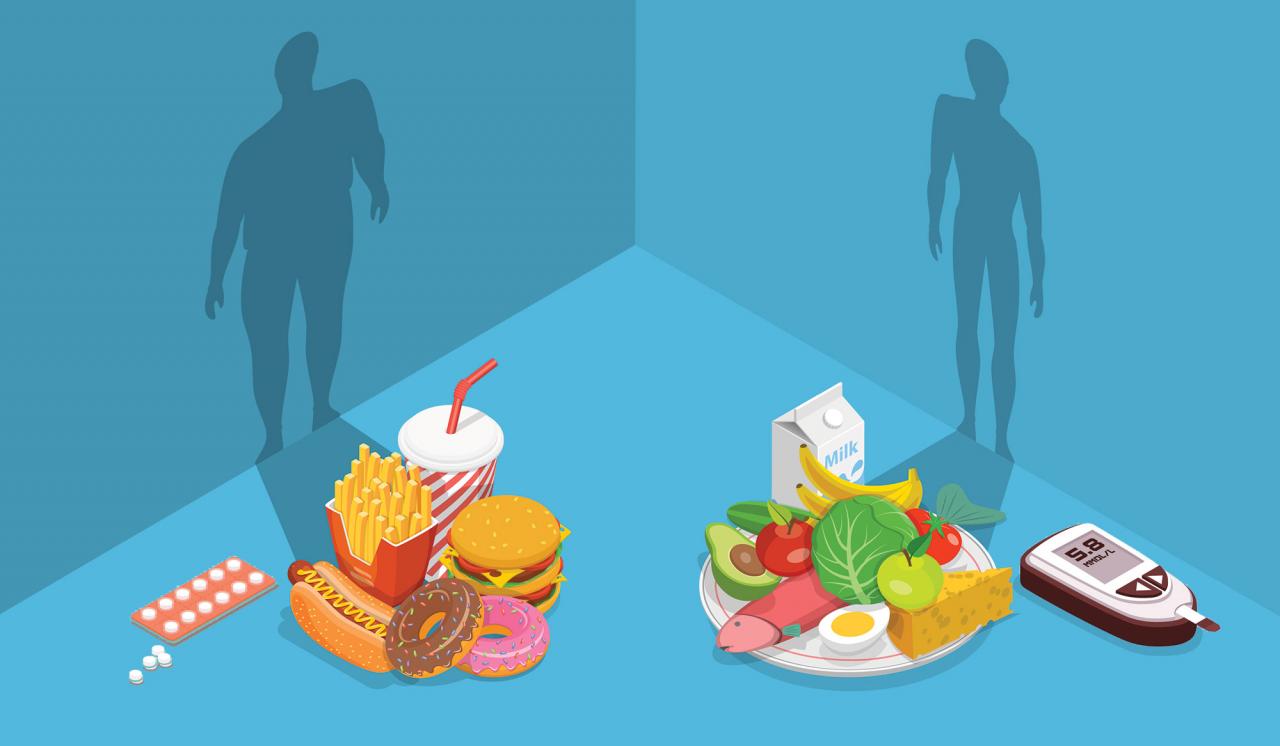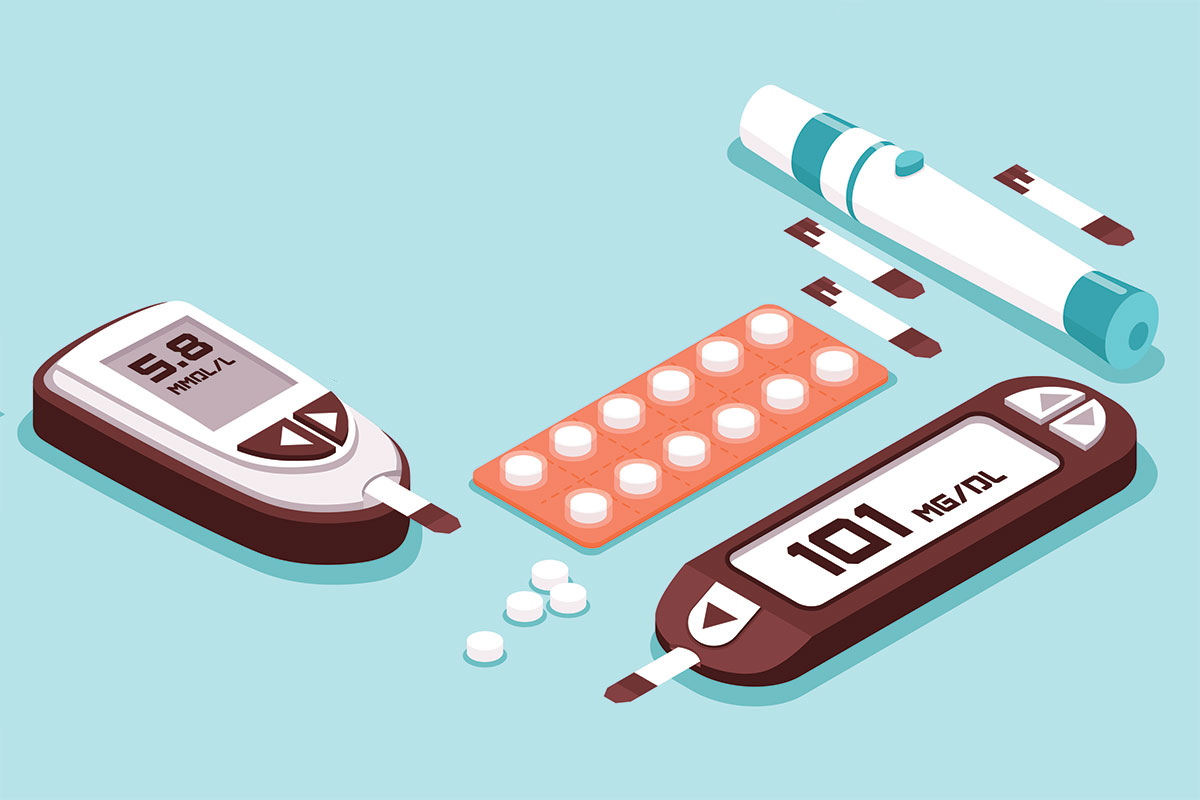
The poison of scientific research shows that a low-carb diet is an easy way to control blood glucose levels that can reverse type 2 diabetes. On average, after 6 months of carbohydrate restriction, the effect was observed in 60% of the subjects¹.
At the same time, a low-carbohydrate diet shows a better result in the treatment of diabetes than taking pill antidiabetic drugs (for example, metformin). Plus, unlike drugs, low carbohydrates don’t cause stomach problems or lower testosterone levels.
Nutrition for diabetes

Of the three macronutrients that provide the body with energy, carbohydrates are the most likely to increase blood sugar. In fact, a low-carb diet limits the body’s ability to convert carbohydrate foods into glucose – which is critical in diabetes.
However, not all carbohydrates are created equal. While fast carbs (sugar, sugary drinks, and many ultra-processed foods like white flour, baked goods) are associated with increased blood glucose levels, then fiber (indigestible dietary fiber) lowers it.
Research also suggests that a diet rich in ultra-processed foods is associated with a significantly higher risk of developing insulin resistance, prediabetes and full-blown type 2 diabetes – just like obesity and cardiovascular disease2.?
Metformin – pros and cons
Metformin (sold under various brands, for example, glucophage) is a drug often prescribed for diabetes mellitus. Its reception inhibits the formation of glucose in the liver, while simultaneously reducing the percentage of its absorption and increasing the sensitivity of tissues to insulin.
Typical side effects include severe disruption of the gastrointestinal tract (bloating, flatulence, diarrhea).
Also, metformin can increase the amount of lactate in the body and negatively affect testosterone levels (which affects libido and potency in men) ³
Research

To study the effects of a low-carb diet on diabetes, the team analyzed data from 23 clinical studies involving 1,360 people. Participants ate a low-carb diet (on average, carbohydrates accounted for 26% of daily calories) for at least 12 weeks 12.
It has been found that a low-carb diet has a positive effect not only on key characteristics of diabetes (sugar and glycated hemoglobin A1c) – but is associated with weight loss, lower triglycerides, and bad cholesterol2.
At the end of the study, many of its participants stopped insulin injections.
Who is low-carb suitable for?
Note that restriction of carbohydrates in the diet can lead to a lack of vitamins and minerals. In addition, it is not recommended to combine a strict low-carbohydrate or non-carbohydrate diet with the simultaneous intake of antihyperglycemic drugs.
Before starting a low-carb diet, we recommend that you consult with your healthcare professional to determine the daily carbohydrate intake you need. On average, we are talking about 100-150 g of carbohydrates per day (about 20-25% of the total caloric intake).
How does a low-carb diet work?

Type 2 diabetes is a disorder associated with an impairment in the body’s ability to regulate glucose levels. The overwhelming majority of cases of this type of diabetes are associated with a diet rich in easily digestible carbohydrates. Also, a sedentary lifestyle is a risk factor.
In simple terms, a person consumes too much energy in the form of carbohydrates – but consumes very little. At the same time, we recall that glucose (in the form of glycogen) acts as a key fuel for muscles, and physical training significantly improves carbohydrate metabolism.
To make matters worse, many ultra-processed foods create food addiction – in practice, pizza, french fries, hamburger and hot dog lovers find it extremely difficult to give up. However, it is these foods that provoke the development of prediabetes and accelerate full-fledged diabetes.



